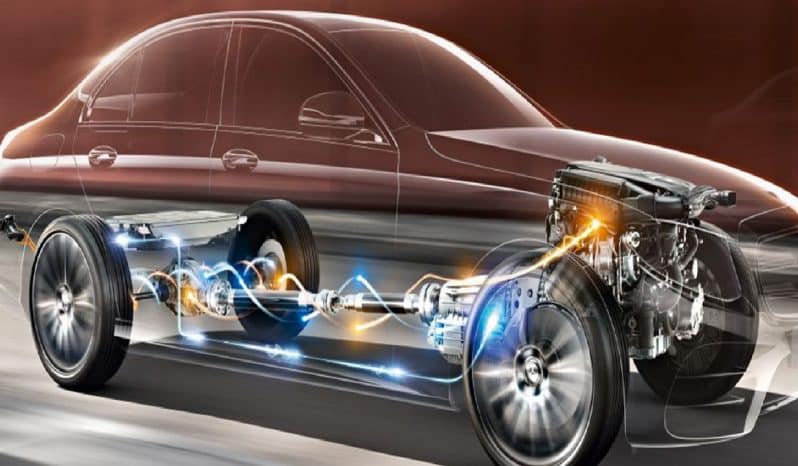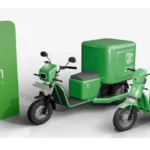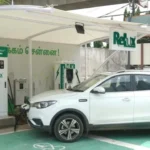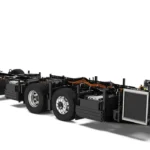In a report by HSBC Global Research, hybrid vehicles emerge as a practical medium-term solution for India’s decarbonisation drive, bridging the gap until full electrification. The report emphasizes that hybrids play a critical role not only in terms of cost ownership but also in India’s de-carbonisation endeavors.
Highlighting the current scenario, the report reveals that total carbon emissions (well to wheel) from hybrid cars are lower than those from electric vehicles (EVs), with a projected convergence of emissions between EVs and hybrids in 7-10 years.
The report underscores that hybrids, being less polluting than EVs, exhibit total carbon emissions significantly lower than diesel and petrol vehicles. Currently, hybrid emissions stand at 133 g/km, indicating a 34%, 25%, and 16% reduction compared to diesel, petrol, and proportional EV emissions, respectively.
Furthermore, the report explains that total emissions encompass both vehicle emissions (tank to wheel) and crude mining/refining emissions, along with power generation emissions (well to tank). It clarifies that EV emissions calculations exclude coal production emissions, potentially favoring hybrids further.
Predicting a convergence of hybrid and EV emissions within 7-10 years, the report notes that India’s non-fossil share in power generation is currently at 26% (FY23), with a blended Indian power generation emission of 716g/kWh. It suggests that a 44% non-fossil power generation share in India could expedite the convergence process.
The report projects that even by 2030, with India’s non-fossil fuel share at 40%, hybrids would emit 8% fewer emissions than EVs, down from the current 16%.
While acknowledging the inevitability of EVs in the long term, the report advocates for India’s adoption of hybrids over the next 5-10 years as a credible and practical roadmap toward full electrification.






